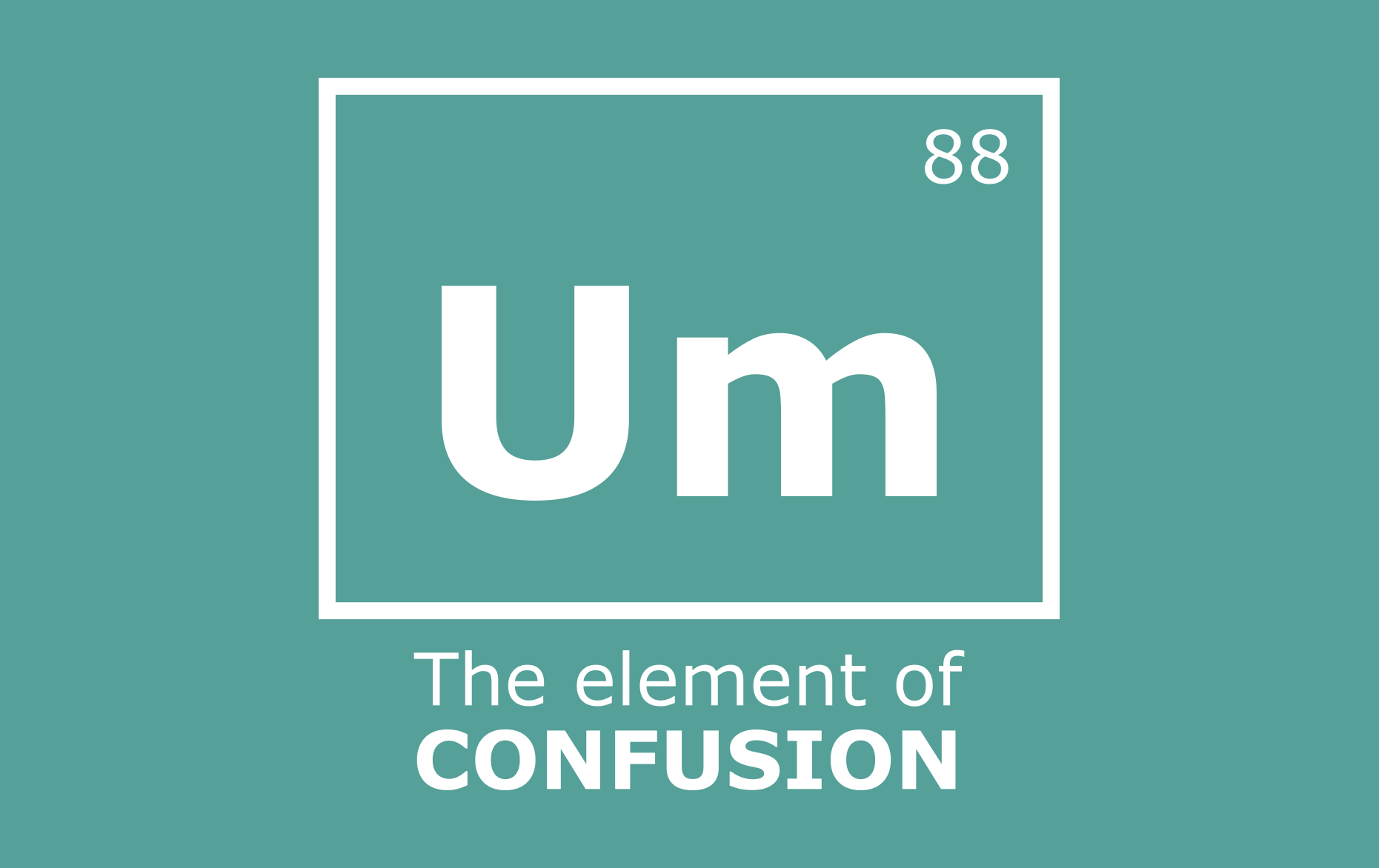Green Card Spotlight: Top 10 Questions We Get Asked Every Day
1
Casseus Law Answer: Yes! USCIS is in operation, and processes cases funded by the filing fees that petitioners pay when submitting cases for USCIS review.
2
Casseus Law Answer: There is no time requirement for how long an individual must be working for a company to apply for US permanent residency. The individual must meet both the employment-based category requirements and the permanent residence requirements.
3
Casseus Law Answer: No, you are not required to obtain H-1B status before applying for permanent residence. H-1B status is helpful for individuals who need to travel outside of the US while their case is pending.
4
Casseus Law Answer: As long as it takes US immigration to process the case. Adjustment of status to US permanent residence processed inside the US depends on a number of factors including, but not limited to: the case type, the individual’s immigration and criminal history, and the caseload at the USCIS Center that is processing the case. As of early 2019, we are seeing trends that for individuals with no criminal backgrounds, individuals are getting their green cards 10 to 24 months after applying. For this reason it is imperative to plan early.
5
Casseus Law Answer: We always recommend speaking with an experienced attorney whose practice is focused on employment-based permanent residence. Just as you would not go to a cardiologist for a broken ankle, immigration attorneys have areas of focus. At Casseus Law, our immigration practice is dedicated to representing companies and individuals applying for employment-based visas and permanent residence. We provide free credential evaluations to determine which green card option(s) will be the best fit. You can obtain your evaluation by clicking on this link: https://www.casseuslaw.com/evaluation/.
6
Casseus Law Answer: The current philosophy appears to be as long as the individual is using the skills that that she or he presented in their case, that a change of field is not a grounds for revocation. We have represented clients who successfully obtained their green cards who are using their fundamental bench science expertise in their role as patent attorneys.
7
Casseus Law Answer: Certain categories require employer sponsorship including the EB-1B Outstanding Researcher or Professor and EB-1C Manager or Executive Transferee. An individual can self-sponsor their National Interest Waiver or EB-1A Extraordinary Ability category case type, which does not require a job offer or an employer.
8
Casseus Law Answer: Depending on whether you are qualified. We have assisted many individuals to transition from F-1 status and F-1 OPT to US permanent residence.
9
Casseus Law Answer: As of late January 2019, we are seeing clients receive their EAD cards an average of 90 days after filing their form I-765 with the Texas Service Center. Cases have gone out to 6 months, but that is very rare. Of course, timelines are always subject to change. Because of this reality, we counsel businesses and individuals to start the process with a minimum of 10 month visa validity to ensure continuity of employment.
10
Casseus Law Answer: Because one officer approved a case, does not mean that every case that comes after will be automatically approved. Each case is reviewed by officers with different beliefs and levels of understanding of your work. Case adjudications are not equal. One officer may believe that you meet the EB-1A requirements while another may not. We are finding that over the past 2 years, EB-1A cases are getting more difficult to defend. In addition to showing that you are amongst the top person in your field, USCIS also wants to see evidence that your work has impacted your field as a whole. Reviewing your credentials with an experienced attorney is helpful before embarking on any case type.






